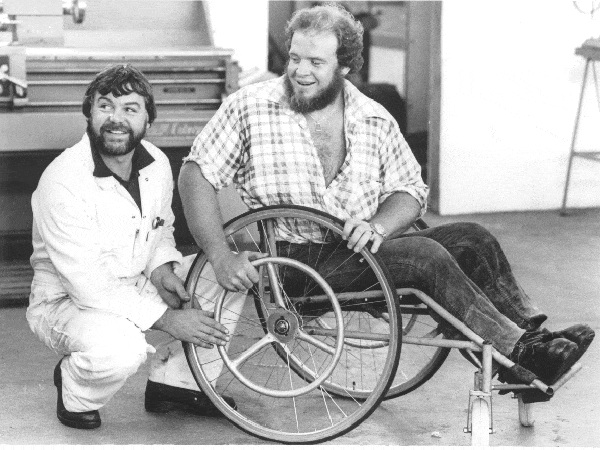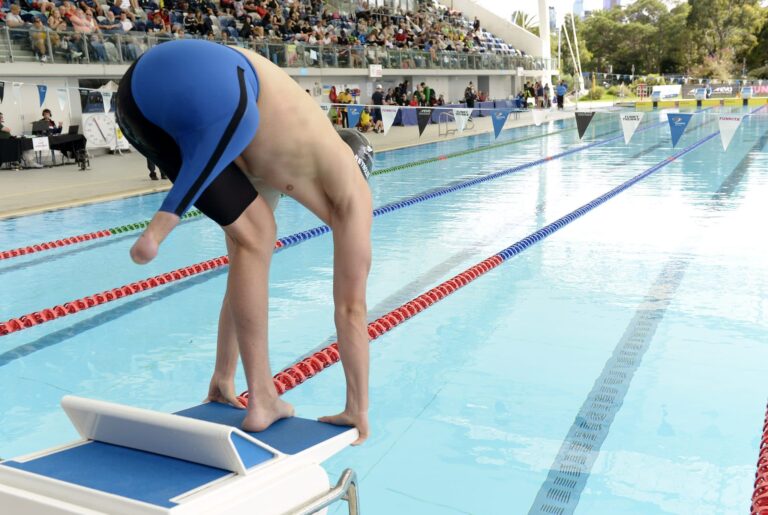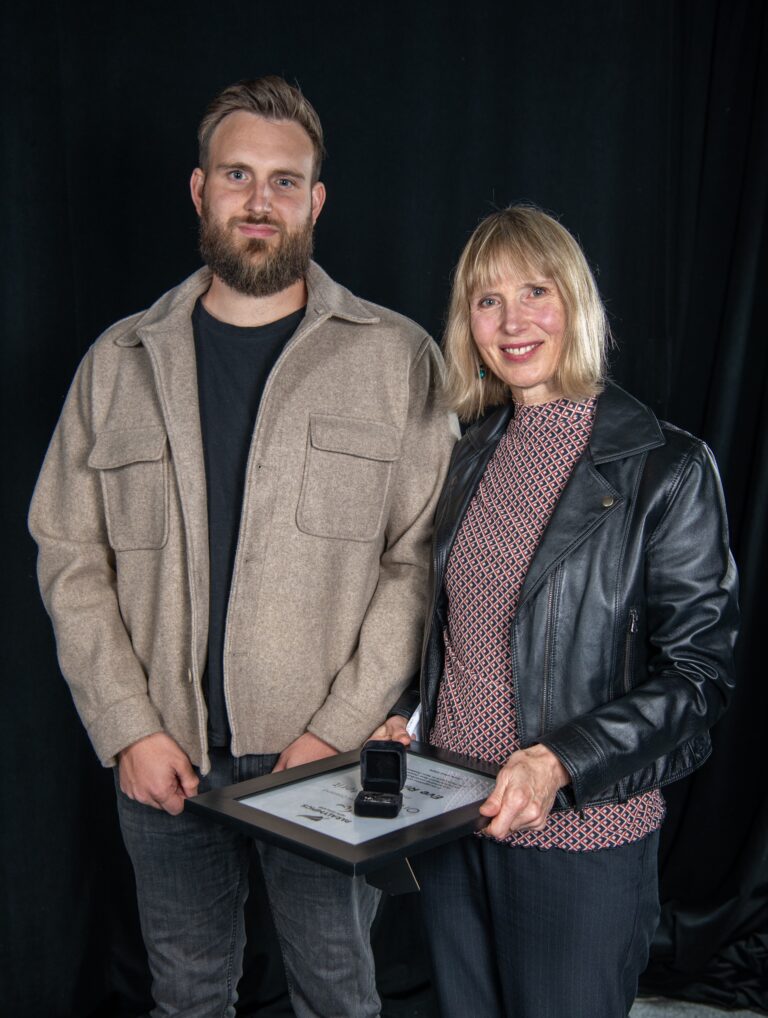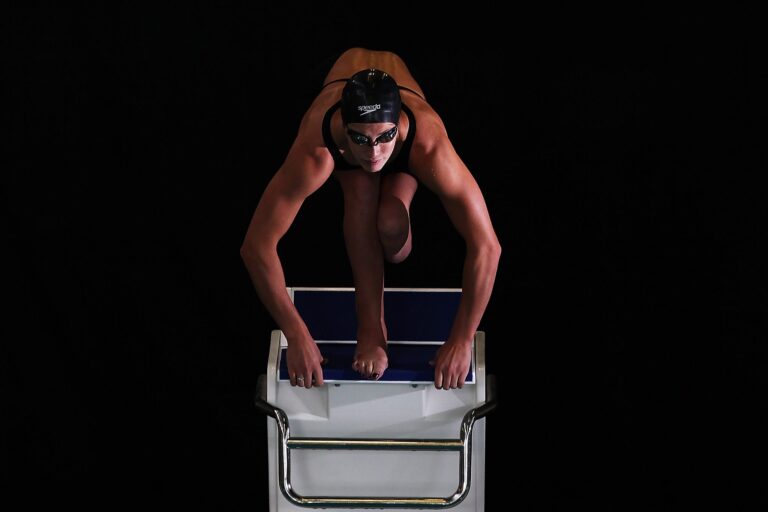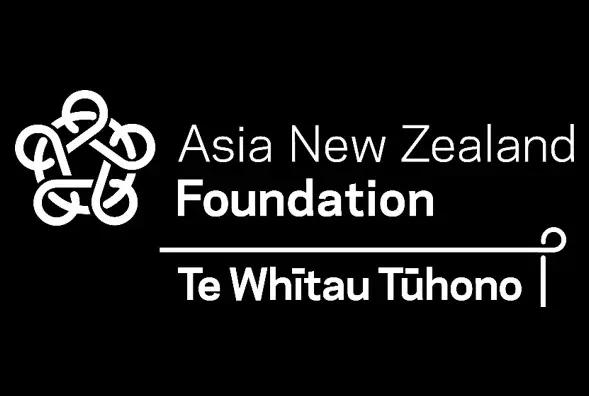Few New Zealanders have done more to advance the cause of Para sport than six-time Paralympic medallist Graham Condon (NZ Paralympian #4).
The only Kiwi to have appeared at six successive Paralympic Games, the Cantabrian’s proud international career straddled four decades and post-career he played a key role in the development of Para sport in a series of administrative positions.
Born and raised in Christchurch, Graham contracted polio at the age of four and missed a significant amount of schooling.
However, he found great freedom through recreational swimming and shortly after leaving school at the age of 15 he was introduced to competitive Para swimming through Leo Close, an Irish priest and NZ Paralympian #3.
Naturally driven with a fierce competitive instinct, he made rapid gains and at the age of 19 made his international debut at the Tel Aviv 1968 Paralympics in Israel.
For the teenager from the Christchurch suburb of Papanui, it was the first time he had travelled overseas but, despite his lack of experience he performed with pride in Israel, finishing fourth and narrowly out of the medals in the men’s 50m breaststroke class 3 final.
Possessing a naturally strong frame, he later added discus throwing to his repertoire and, under the coaching of Ross McFarlane, prepared assiduously for the Heidelberg 1972 Paralympics in Germany.
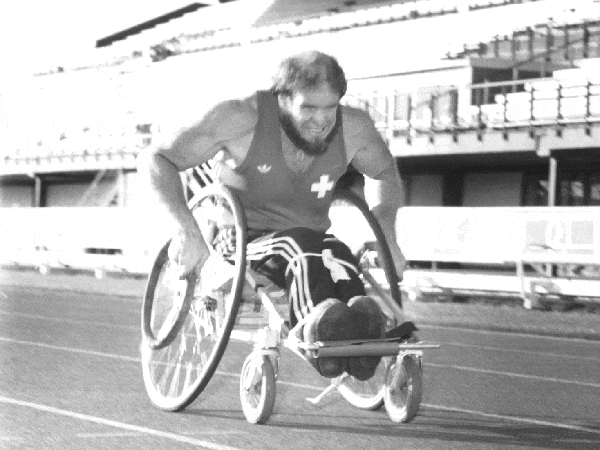
In one of the standout performances of his career, Graham struck gold in the men’s discus class 3 by a 35cm margin with a best effort of 23.36m. Meanwhile, in swimming he earned a fourth-place finish in the final of the men’s 3x25m medley and fifth in the men’s 50m breaststroke class 3.
A pioneer in Para sport, Graham later hooked up with a new discus coach, Bernie Harland (a national standard hammer thrower), and adopted a very professional approach to his craft.
“He used to throw with a lot of the other able-bodied athletes,“ explains Kathy, whom he married in 1972.
“He trained every day, did regular weights and moved away from the rehab-physio model of Para sport which had previously existed.“
Unfortunately, an untimely bout of flu prevented him from achieving his best at the Toronto 1976 Paralympics and he returned home from Canada empty handed.
Four years later, he bounced back at the Arnhem 1980 Paralympic Games to strike gold in the men’s discus class 2 with a dominant display.
At his fourth Paralympic Games, Graham maintained his outstanding success on the international stage by snaring men’s discus class 2 gold by a dominant 2.72m margin and added silver in the now defunct men’s slalom 2 – a wheelchair race with obstacles. He further revealed his versatility with a fifth-place finish in the final of the men’s 400m class 2 event.
A fall led to a serious shoulder injury which prevented him from throwing discus and for the latter part of his career he switched to wheelchair racing.
“He got into a track chair and found he enjoyed the more controlled movement,“ says Kathy.
“He lost a lot of weight to perform well in wheelchair racing but still had great upper body strength.“
Despite working gruelling physical shifts of up to eight hours a day as a welder, the gregarious athlete would often push the 30km round trip to and from work in the chair and over time he started to make his mark internationally.
At the co-hosted New York and Stoke Mandeville 1984 Paralympic Games in the USA and UK, he secured a pair of bronze medals in the men’s slalom and men’s marathon class 2.
The latter achievement was made more remarkable because of an outstanding show of sportsmanship which summed up Graham’s selfless character.
When the Kiwi struck a pothole around the 20km mark of the marathon causing the competitor behind him, Australian Robert McIntyre, to lose his balance and flip upside down, the concerned Graham immediately helped McIntyre back in position. He then resumed the race and went on to earn a richly-deserved bronze medal.
“Although we didn’t travel as much back then as we do today, he knew the Australian racers quite well,“ explains Kathy.
“He helped Robert back in his chair and the pair worked together to catch up with the other racers. I know this was very much appreciated by the Australians.“
In 1988 and now aged 39, Graham created history to become the first and only Kiwi to make a sixth successive Paralympic appearance at the Seoul 1988 Paralympic Games.
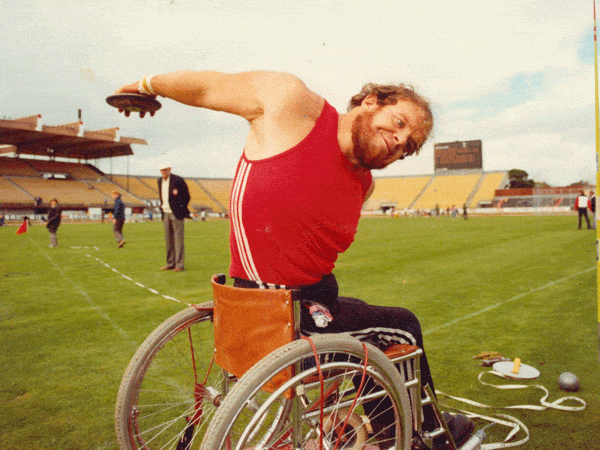
There he earned a sixth Paralympic medal by banking silver in the men’s slalom class 2, finishing behind South Korean athlete In Kwon Jung.
He continued to compete domestically for several more seasons and made his final international appearance in the 1500m wheelchair race – a demonstration event at the 1990 Auckland Commonwealth Games.
In a memorable international career, he earned 36 medals – enjoying noteworthy success in Commonwealth and FESPIC Games (the Far East and South Pacific Games for Para Athletes).
Graham later devoted his time to serving others, particularly motivated to promote Para sport.
“He knew what a difference sport had made to his life and if he saw someone in a supermarket with a disability he would ask them if they had tried sport and if they wanted to do it,“ Kathy recalls.
He worked for a period for Paralympics New Zealand (PNZ) and was one of the founding members of ParaFed Canterbury, which strived to boost sport and recreational involvement among disabled people.
In 1995 Graham was elected to the Christchurch City Council and served four terms. During this time he made a lasting impact, serving on multiple committees prior to becoming Chair of the Parks and Recreation Committee. One of Grahams greatest achievements was pushing for the redevelopment of the QEII sports facility.
Graham was also a board member from 2001 to 2006 for national sports agency SPARC and he and wife Kathy also served on the PNZ Board.
In 2001, he was awarded the Queen Service Medal and the PNZ Order of Merit for outstanding services to Paralympic sport. He also served as a Christchurch City councillor for nearly 12 years.
Graham died suddenly at the age of 58 in 2007 after a car collided with his three-wheeled bicycle during a training ride. He was survived by Kathy, son Craig and daughter Andrea.
Earlier that year Graham had been instrumental in securing Christchurch as the Host city for the 2011 IPC Athletics World Championships. Tragically Graham died just weeks before the host venue was announced. Kathy was always heartened her husband had known Christchurch was expected to win the bid. Graham was involved in attracting many events to the city including the 1998 IPC World Swimming Championships, 1999 World Wheelchair Games and the 2003 World Wheelchair Games.
Despite his sudden and premature death, his name lives on and in 2011 the Graham Condon Recreation and Sports Centre in Papanui, Christchurch was opened.
“Graham’s legacy was helping disability sport become more recognised, firstly as an athlete and later through his work as an administrator,“ Kathy says.
“He would have been very pleased and proud of the progress Para sport has made in more recent times.“
Story created by Steve Landells for Athletics New Zealand and kindly shared with Paralympics New Zealand.

